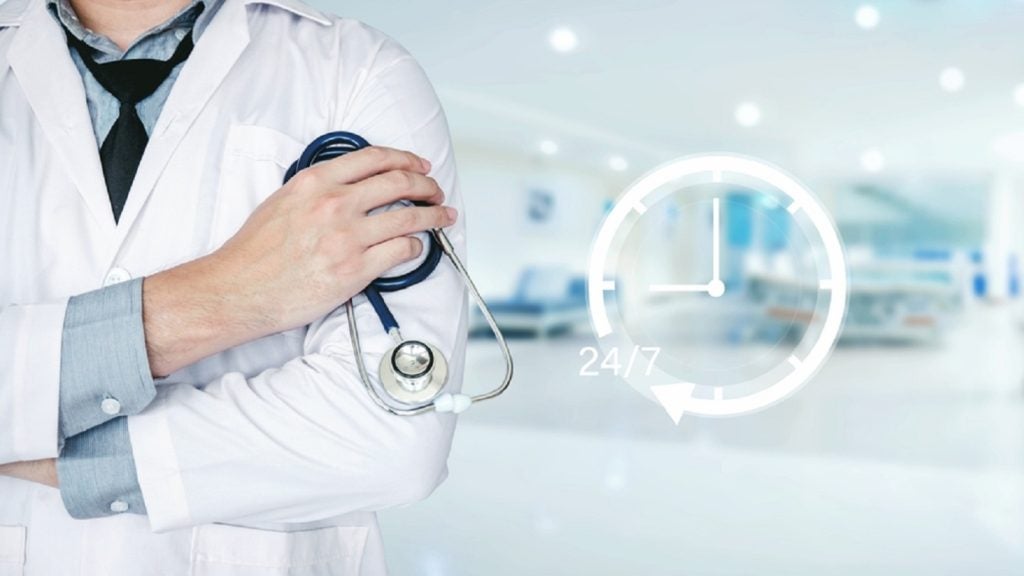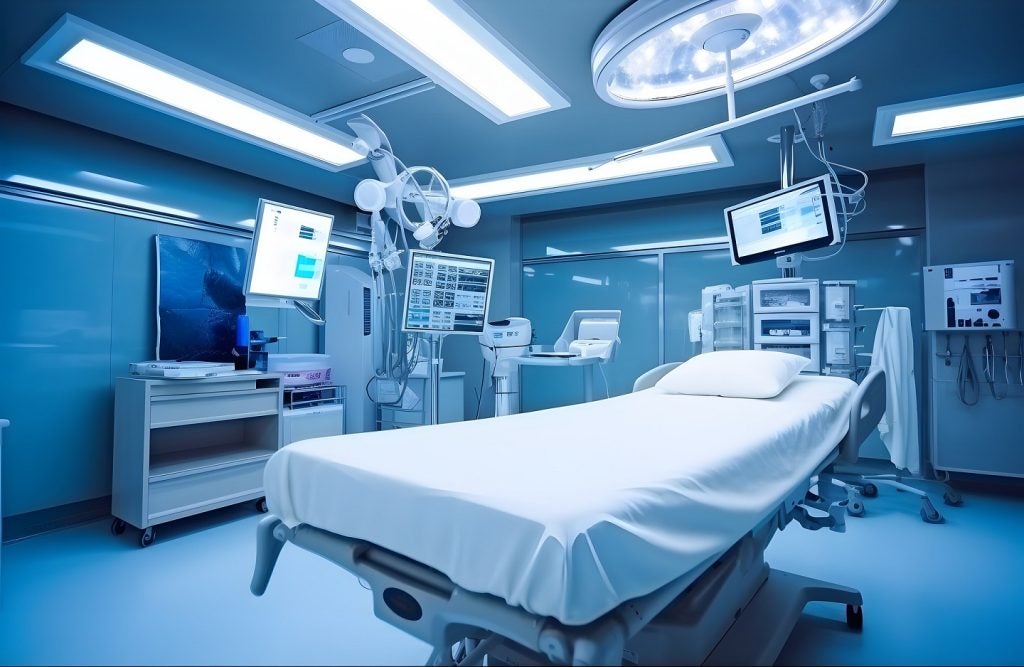The US branch of Japanese imaging and electronics company Ricoh has launched an end-to-end remote patient monitoring (RPM) service for health systems.
The RICOH RPM Enablement service is intended to bridge the gap in healthcare worker staffing and improve patient care.
Ricoh USA said the shortage of healthcare workers and feelings of burnout among them had been exacerbated by Covid-19.
RICOH RPM Enablement is designed to help healthcare systems deal with these issues and provide better ways of caring for patients, especially those who need to be monitored from a distance.
The system integrates into existing virtual care programmes to help set up remote patient monitoring devices, track inventories, handle logistics and manage device returns.
Ricoh North America Industry Vertical Marketing vice-president Rory Fitzpatrick said: “Clinicians currently spend over 50% of their working hours using EHRs.
“That's their reality and a massive contributor to burnout, so our mission is centred on pivoting that time back to patient care through supporting the modernisation, automation and enablement of the care workflows that are most critical to health system's success.
“In this period of burnout crisis, the healthcare industry has an opportunity to commit to workers' emotional and physical wellbeing – and Ricoh is dedicated to supporting positive systemic change with sustainable, scalable solutions.”
Based in Toyko, Ricoh has experience managing services in healthcare and other industries.
The company aims to support healthcare organisations in addressing the challenges caused by worker shortages.
Its solutions are used at around 3,200 healthcare facilities, including 22 of the 32 largest non-profit hospital systems.
RPM is viewed as one of the largest value drivers of virtual care, being used in primary care, chronic disease management and other applications.
Analysing a care plan, the Mayo Clinic found that 72.5% of RPM patients complied with the care plan’s tasks, which included taking medications and monitoring vitals.















